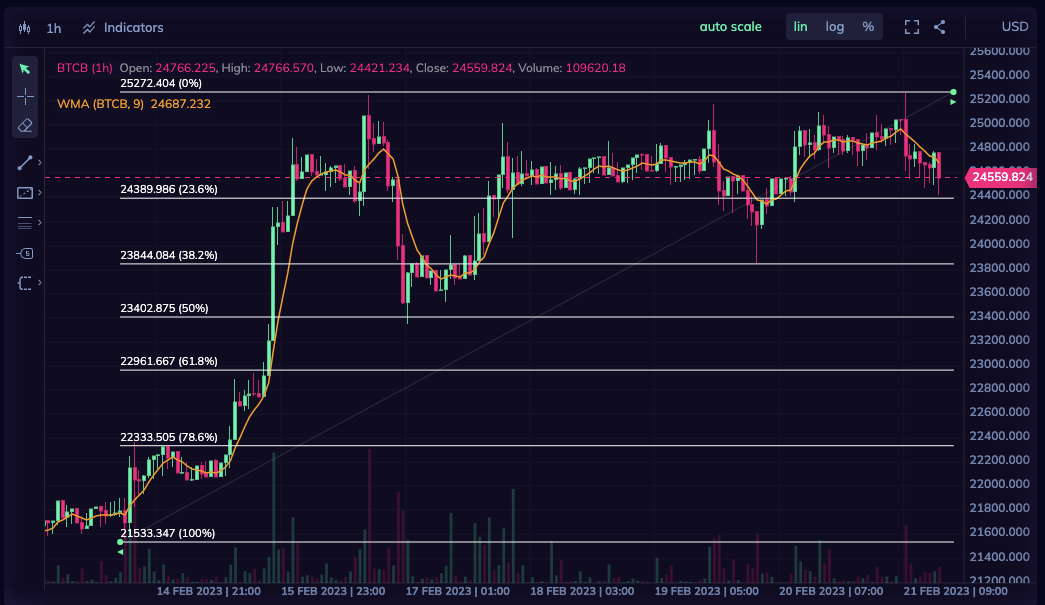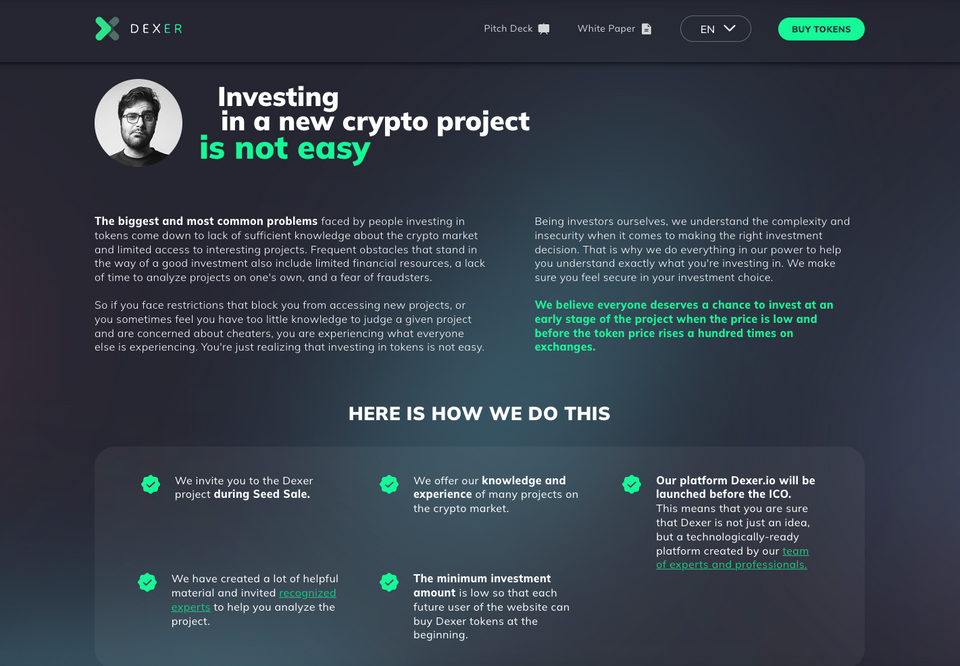What is DeFi (Decentralized Finance)
DeFi is a financial system that operates on blockchain technology. It allows users to access financial services such as lending, borrowing, trading, and investing without the need for traditional financial intermediaries.

Decentralized Finance (DeFi) is a new financial system that allows users to access a range of financial services without relying on traditional financial intermediaries such as banks or brokerages. DeFi operates on blockchain technology, which enables a decentralized and transparent financial system. In this article, we'll take a closer look at what DeFi is, its history, examples of popular DeFi projects, how it works, who can use it, and where to find it.
What is DeFi?
DeFi is a financial system that operates on blockchain technology. It allows users to access financial services such as lending, borrowing, trading, and investing without the need for traditional financial intermediaries. Instead, these services are provided by smart contracts, which are self-executing computer programs that automatically execute the terms of a contract when certain conditions are met.
History of DeFi
The concept of DeFi originated in 2014 with the launch of the Ethereum blockchain. However, it wasn't until 2018 that DeFi gained mainstream attention with the launch of the Dai stablecoin, which allowed users to access a stable digital asset that was not pegged to a government currency. Since then, the DeFi ecosystem has grown rapidly, with the total value locked in DeFi protocols reaching over $100 billion by 2021.
Examples of DeFi Projects
There are countless DeFi projects in operation today. Some of the most popular DeFi projects include:
Uniswap: A decentralized exchange that allows users to trade cryptocurrencies without the need for a centralized exchange.
Aave: A lending platform that allows users to lend and borrow cryptocurrencies.
Compound: A lending platform that uses an algorithm to determine interest rates based on supply and demand.
MakerDAO: A decentralized platform that allows users to mint the Dai stablecoin by locking up collateral.
How DeFi Works
DeFi operates on blockchain technology, which allows for a decentralized and transparent financial system. Instead of relying on traditional financial intermediaries such as banks or brokerages, DeFi services are provided by smart contracts. These smart contracts are self-executing computer programs that automatically execute the terms of a contract when certain conditions are met.
For example, in a lending platform like Aave, users can deposit cryptocurrency as collateral and borrow a different cryptocurrency at a certain interest rate. The smart contract automatically manages the collateral and interest payments, ensuring that the borrower's collateral is not at risk and the lender receives their interest payments.
Who Can Use DeFi?
DeFi is accessible to anyone with an internet connection and a cryptocurrency wallet. However, it is important to note that DeFi is still in its early stages and there are risks associated with using DeFi platforms, such as smart contract bugs or hacking attacks. It is recommended that users do their own research and only invest what they can afford to lose.
Where to Find DeFi?
DeFi platforms can be found on various blockchain networks, including Ethereum, Binance Smart Chain, and Polkadot. Some popular DeFi platforms can be accessed through their respective websites or through cryptocurrency wallets that support DeFi protocols.
In conclusion, DeFi is a new financial system that operates on blockchain technology and allows users to access financial services without relying on traditional financial intermediaries. It is accessible to anyone with an internet connection and a cryptocurrency wallet, but users should be aware of the risks associated with DeFi platforms. DeFi can be found on various blockchain networks and through cryptocurrency wallets that support DeFi protocols.




